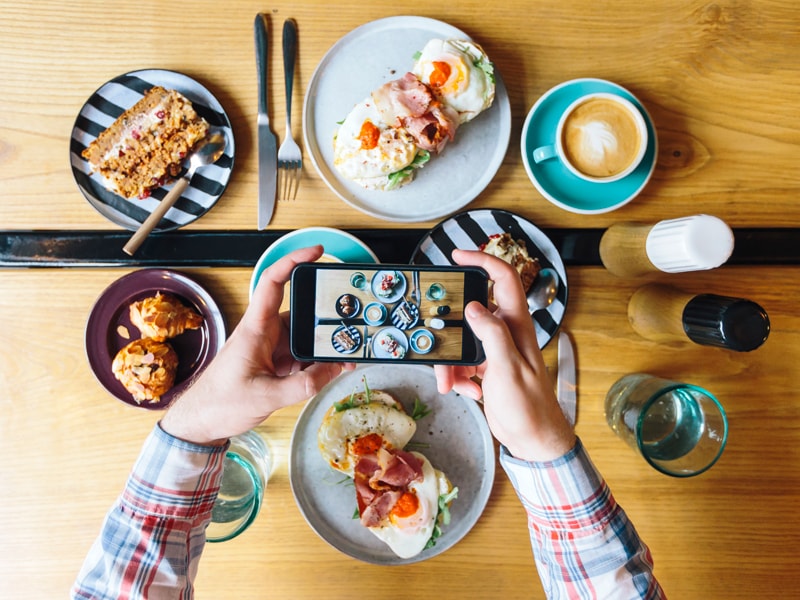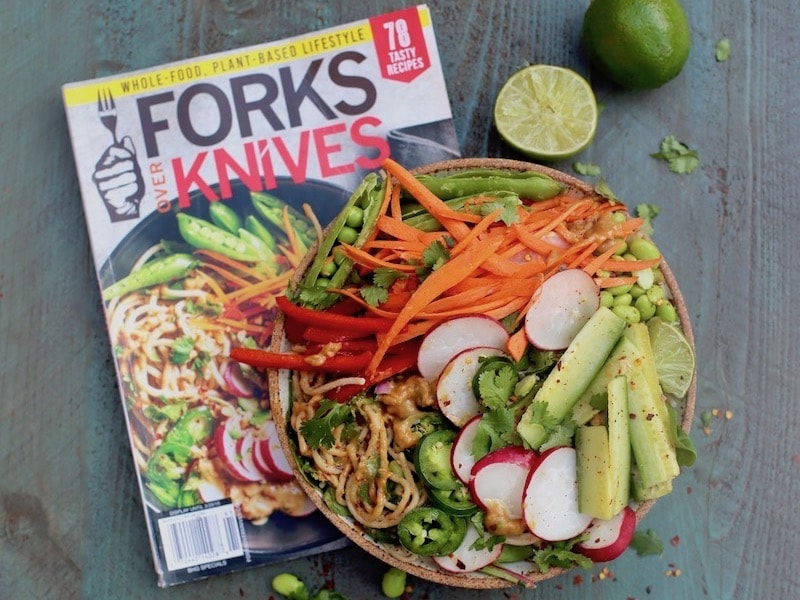Food Blog

How to Start Your Food Blog – Complete Guide to Getting Started and Promoting It.
There is a blog niche for almost every topic, with some topics more interesting than others. People go to certain niches as they become fashionable. Speaking of fashion, sometimes niches evolve and take on new meanings. Fashion has become a lifestyle, and a travel-to get an idea.
While some niches are fashionable, others are permanent. The perfect example is the niche of food blogs, which never seem to go out of style thanks to a super receptive audience of hungry customers. We must all eat, and many go online for information on how to do so with respect to certain dietary restrictions, allergies, and ideas for improving prepared meals.
Thanks to the popularity of food blogs (both in terms of available resources and audience size), with specific needs and special dietary preferences they don’t have to conform – they can consult the blogosphere to create an amazing tasting dish no matter what restrictions they have.
Why Start a Food Blog?
It seems clear why one reads or follows a certain food blog… but why start one?
The decision to start a food blog lately is a matter of passion and drive, as any type of blog requires a considerable amount of energy to maintain it. To be more specific, you have to consider these reasons for starting a food blog:
- He loves cooking, it’s his passion and he wants to share it with the world.
- You are looking to challenge your skills. You can only publish about a certain type of cooking and things you already knew before your audience will start getting bored. Keeping a food blog means pushing yourself out of your comfort zone and learning new things to keep people coming back to your blog. And it’s not just about learning new recipes or techniques. Keeping a food blog means learning other skills like how to use WordPress, how to be effective with social media marketing, and how to prepare pictures of great meals.
- Be part of a community. The food blogging community is huge and the people in it are very welcoming and helpful, especially to newbies. Being an active member of this community will help you make friends and find collaborators.
- It gives you a creative outlet. Whether you have a specific goal or not, a food blog provides you with an outlet to channel your creative energies in several different ways: cooking, writing and taking photos (to name a few).
- Build credibility and establish skills. Your food blog can also serve as a kind of online portfolio. If you’ve worked in a food-related profession and have suggestions or ideas to convey, you’ll have the advantage of looking like an expert. If you don’t have that kind of experience, you can still build credibility – especially when your food blog becomes popular. People may come to you for your experience and knowledge, with different goals, such as writing their own cookbook, independent performances and even consulting positions.
- Profit potential. In addition to the previously numbered reasons for starting a food blog, you can also make a profit from marketing and sponsorships. Of course, if your main motivation for starting a food blog is to make a profit, you will probably lose interest in its long-term maintenance.

Whatever your motivations, we’ll go deeper into how to start a food blog.
How To Start A Food Blog
There are four main steps to starting a food blog:
- Research Choose your topic, niche and determine what makes you different from what’s already on the market.
- Setup: Technical steps for setting up your food blog, such as choosing your hosting and domain service provider, setting up WordPress, and customizing your website design.
- Content Creation: Create articles and other content/media that will fill your blog.
- Promotion: Reach through the word to more readers among your target audience.
How to Start a Food Blog: Research
Although people love them there are a lot of food blogs.
While you’re working on the initial steps of your food blog, try to think of ways to differentiate yourself from others. The best solution is to choose a very specific niche, since for a food blog that covers a wide variety of topics it will be difficult to keep the attention of the target audience and it will also be difficult to drive traffic from internet search engines.
Food blogs with a single-angle niche tend to perform better in SEO because when people search for a recipe or technique that interests them, they tend to search with very specific terms that blogs with general authority cannot offer. Choosing a niche and weaving your story will make people follow the blog in the long run.
Food Blogs Sub-niches
Food blogs are a general term.
A food blog is a blog that documents anything from recipes the author wants to try or experience, restaurant reviews, or even a daily inscription from the author about his or her life choices. A blog is personal, there is no right or wrong content approach.
- Recipes: ~99% of food blogs incorporate this format, with recipes often accompanied by personal stories. Sally’s Addiction to Confectionery is a popular blog that uses this formula, specifically with candy recipes. A variation of this would involve a food blog that documents general cooking adventures (such as Budget Bytes), or it can focus on certain cuisines (such as The Hungary Buddha Eats the World).
- Restaurant and Food Reviews: Food guides and reviews of packaged consumer food products, such as Chritiques or Urban Cheap Ass.
- Super niche: Cataloging of very specialized food topics themselves, and sometimes even incorporating tips about certain lifestyle choices, such as Paleo food blogs (Paleo Leap by Sébastien is one of the most popular and is on Kinsta!), vegan blogs, and so on.
Questions to Ask When Starting a Food Blog
While you’re thinking about the concept, during the initial steps of starting a food blog, these questions can help you make a decision:
- What do I like about food?
- What are my strengths and weaknesses?
- Blogs that inspire me and how can I be better/different from them?
- How can I help my target audience?
- What is the ultimate goal of this blog?
A great way for everyone but guarantee your success? Find a niche in the market. Before you start setting up your food blog, you need to have your brand and your unique selling and value proposition to guide you through the many decisions you will have to make in the long run.
